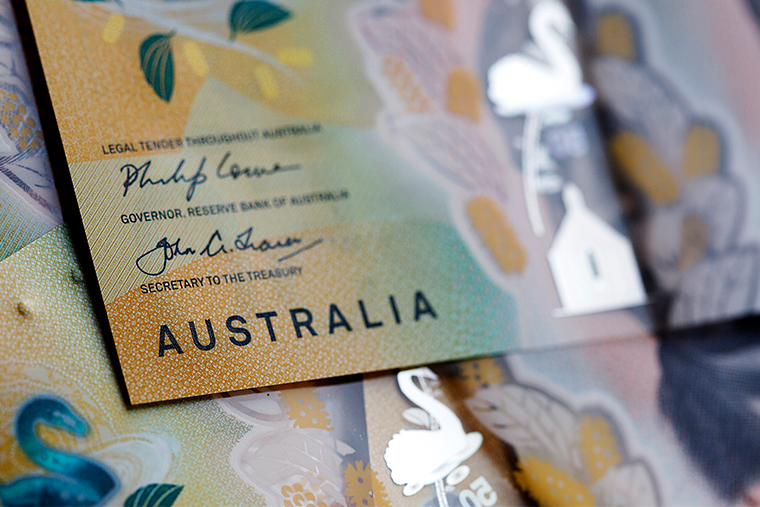On 17 November 2020, NSW Treasurer Dominic Perrottet introduced the State’s 2020-2021 Budget.
To claim the vouchers, residents will need to register for a myServiceNSW account (if they don’t already have one) and spending will be permitted only in COVID-safe registered businesses. The vouchers cannot be used for gambling or the purchase of tobacco or alcohol.
Following the May 2020 increase in the Payroll Tax threshold to $1m a year earlier than planned, yesterday’s NSW Budget announced another permanent increase in the threshold to $1.2m. This new threshold applies in respect of the year ending 30 June 2021.
Property taxes
After many years of debates and conjecture, the NSW Government announced that it will commence a public consultation on giving property owners a choice to move away from upfront (and often costly) Stamp Duty in favour of a more modest yearly property tax. The yearly property tax would likely be a fixed amount plus a rate applied to the unimproved value of land, similar to how council rates are calculated (as opposed to the current Land Tax calculation). Rates would differ between owner-occupier properties, investment properties and commercial properties.
Consistent with some other global jurisdictions that give such a choice, the Government’s preliminary view is that once a purchaser of a particular property has chosen to pay property tax rather than Stamp Duty, that property will forever be subject to property tax and not Stamp Duty regardless of how many times it changes hands from that point forward.
The Government is also considering replacing the Stamp Duty concessions for first home buyers with a grant of $25,000 that could be spent on various items (e.g., refurbishment).
This will no doubt be an interesting debate to follow and the devil will be in the detail in due course. However, it is a significant first step in finally reforming Australia’s State tax system which many have claimed curtails growth by discouraging investment and employment.
For more information please contact Director of Taxation Services, Raffi Tenenbaum on 02 8262 8716 or email rtenenbaum@prosperity.com.au.
Without doubt, much of the media’s attention has been on the $100 of entertainment vouchers that every adult in NSW will be receiving in the near future.
This is now formally known as the “Out and About” program and plans to inject $500m to stimulate the local NSW economy. The program will provide each adult resident of NSW with 4 electronic vouchers of $25 each that can be used as follows:
- 2 vouchers for dining out (e.g., purchasing food at restaurants, cafes, pubs and clubs); and
- 2 vouchers for going out (e.g., visiting cultural institutions, performing arts, cinemas and amusement parks).
In addition to this measure, which will no doubt be welcomed by the NSW hospitality and entertainment industry, the NSW Government also announced some important changes to Payroll Tax and a roadmap for future reform of property taxes.
Payroll Tax
Following the May 2020 increase in the Payroll Tax threshold to $1m a year earlier than planned, yesterday’s NSW Budget announced another permanent increase in the threshold to $1.2m. This new threshold applies in respect of the year ending 30 June 2021.
Further, the Payroll Tax rate has been temporarily cut from 5.45% to 4.85% for 2 years for the years ending 30 June 2021 and 30 June 2022. Unless further extensions to this cut are announced, the rate of 5.45% will resume on 1 July 2022.
Consistent with some other global jurisdictions that give such a choice, the Government’s preliminary view is that once a purchaser of a particular property has chosen to pay property tax rather than Stamp Duty, that property will forever be subject to property tax and not Stamp Duty regardless of how many times it changes hands from that point forward.



